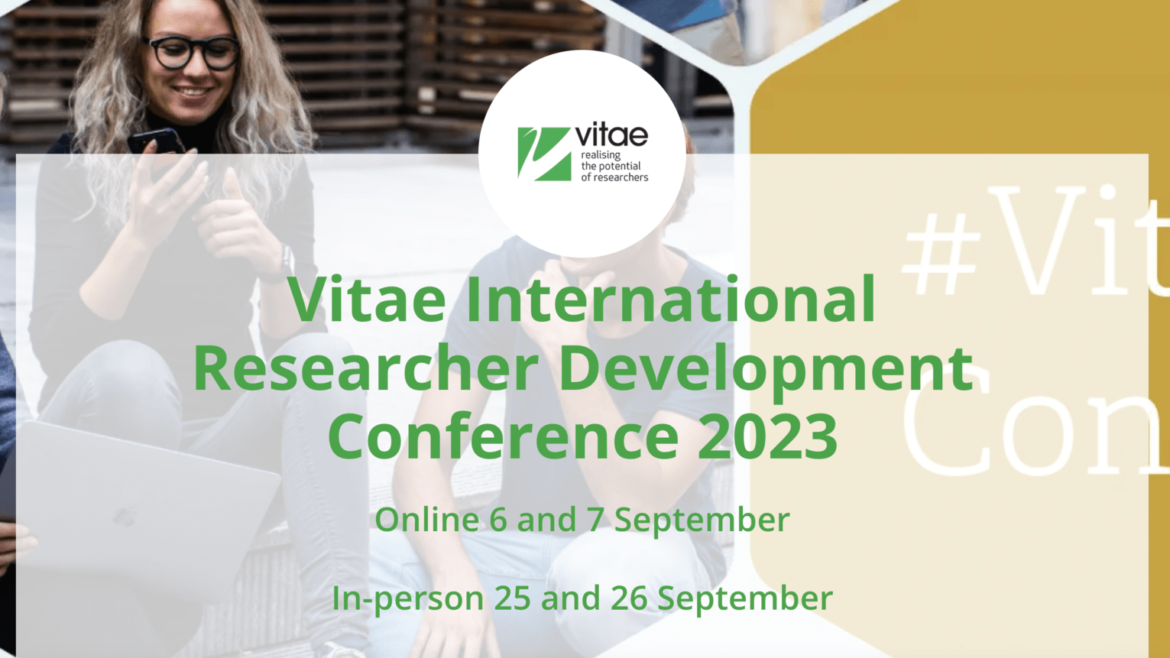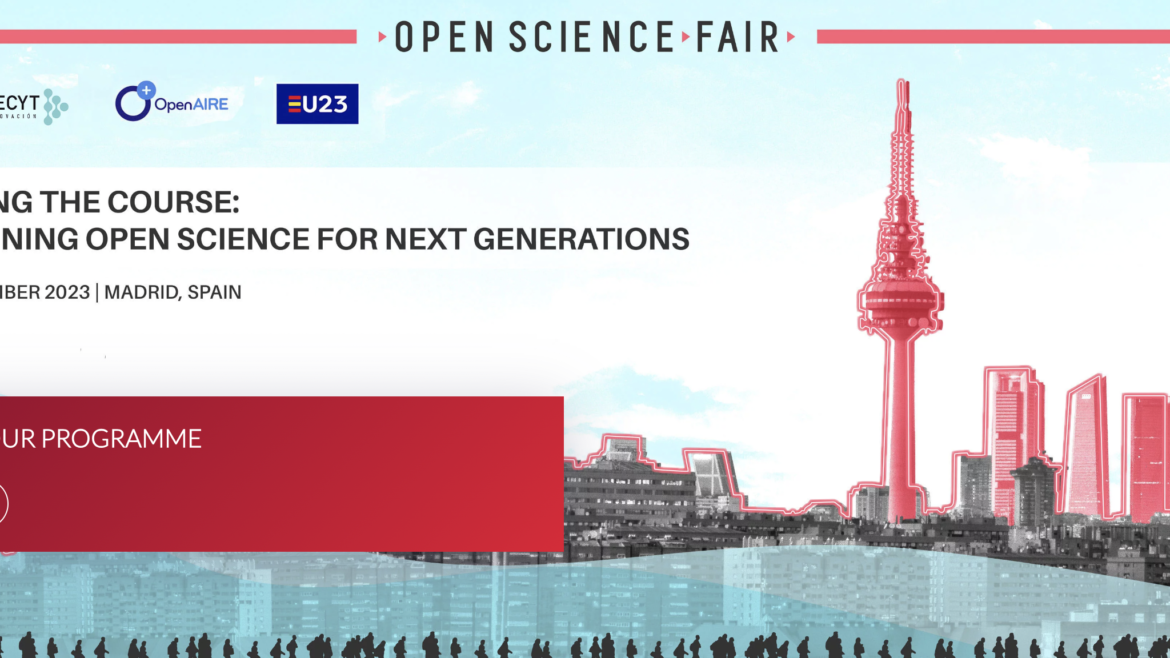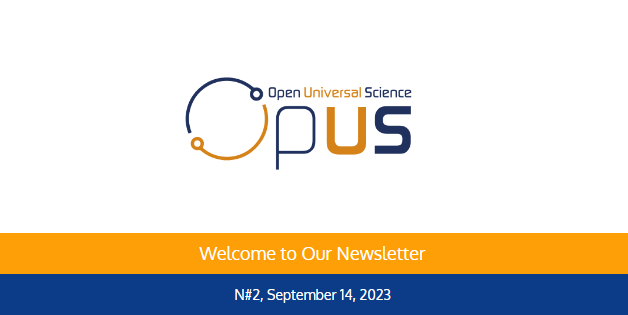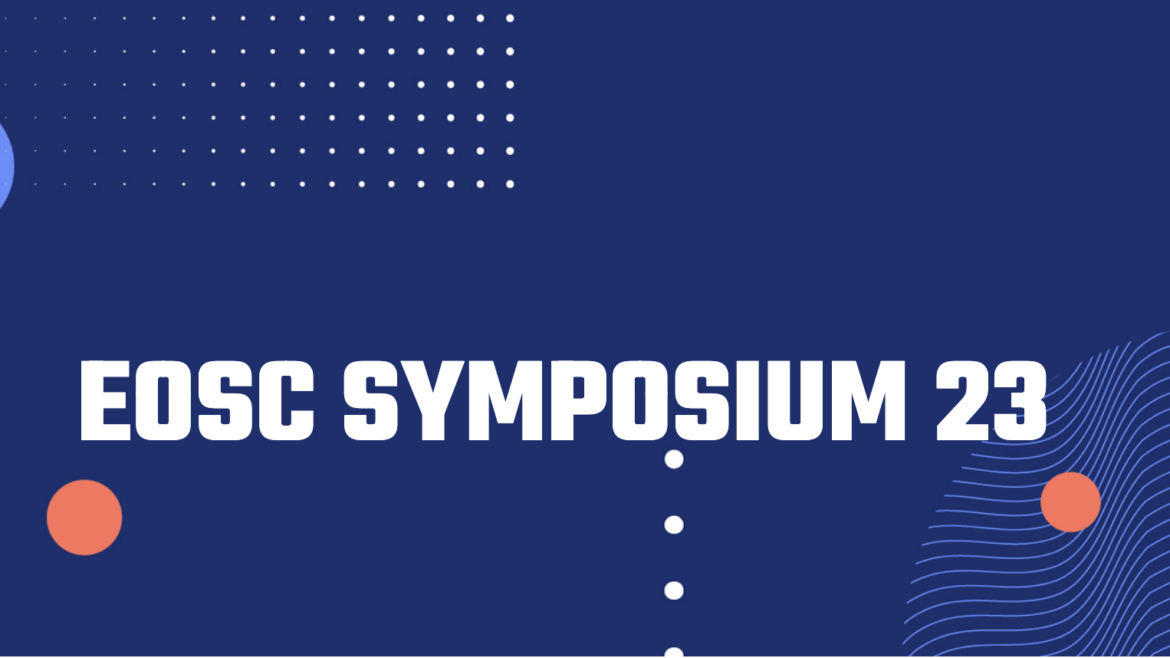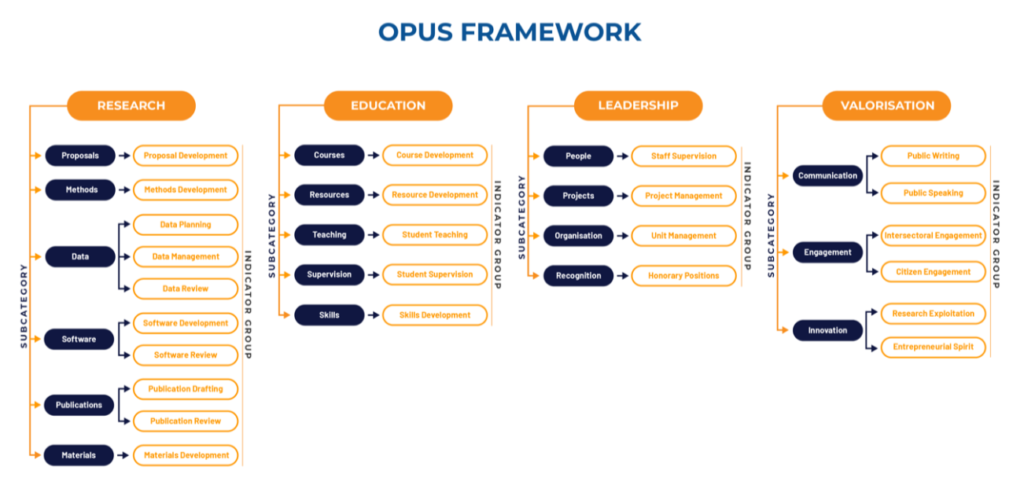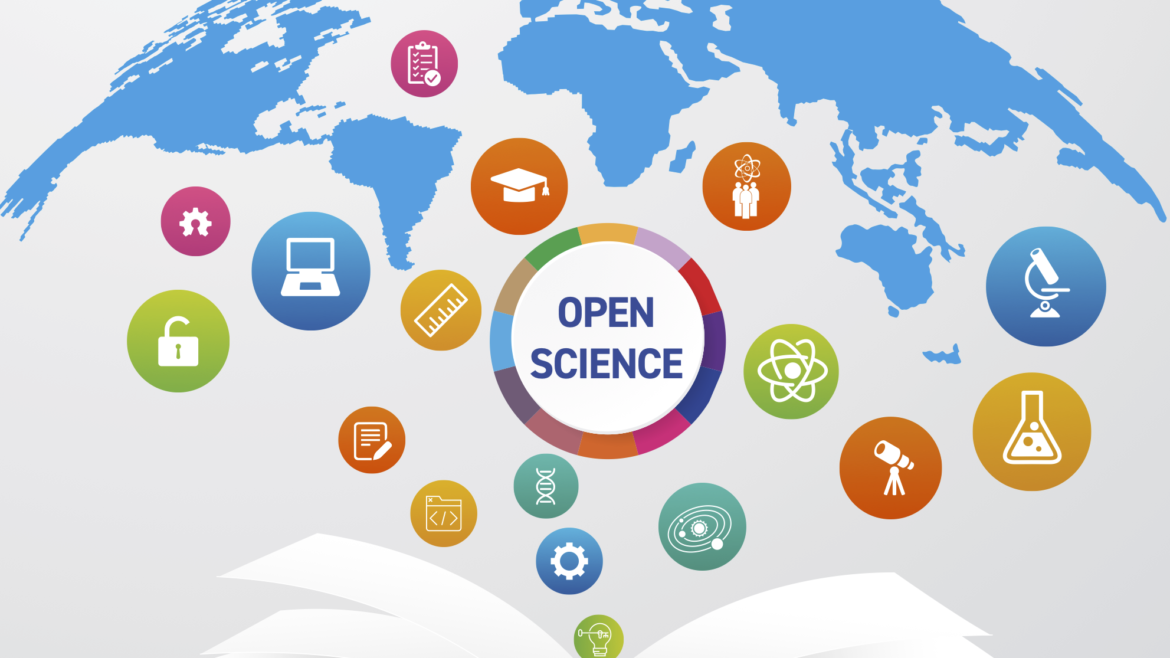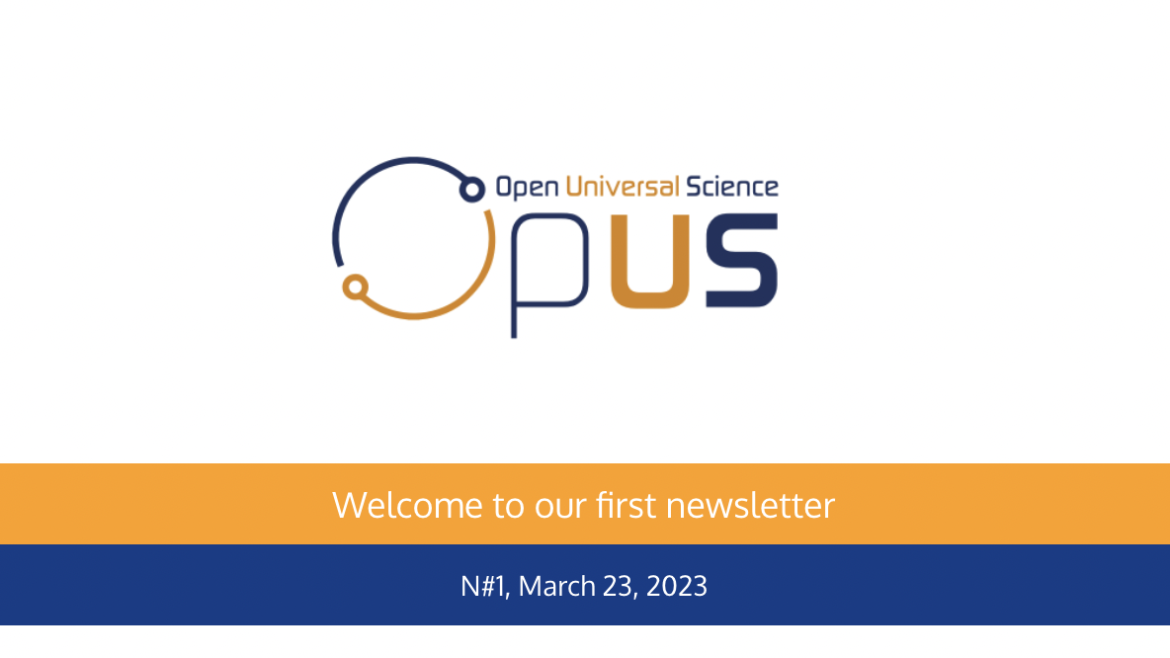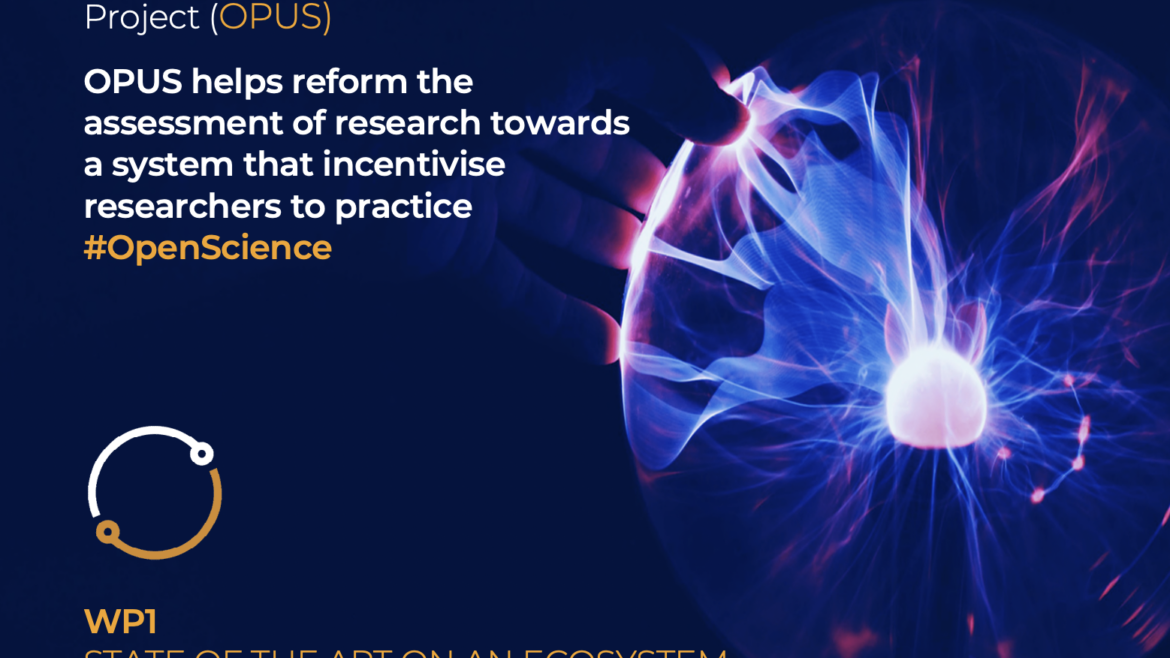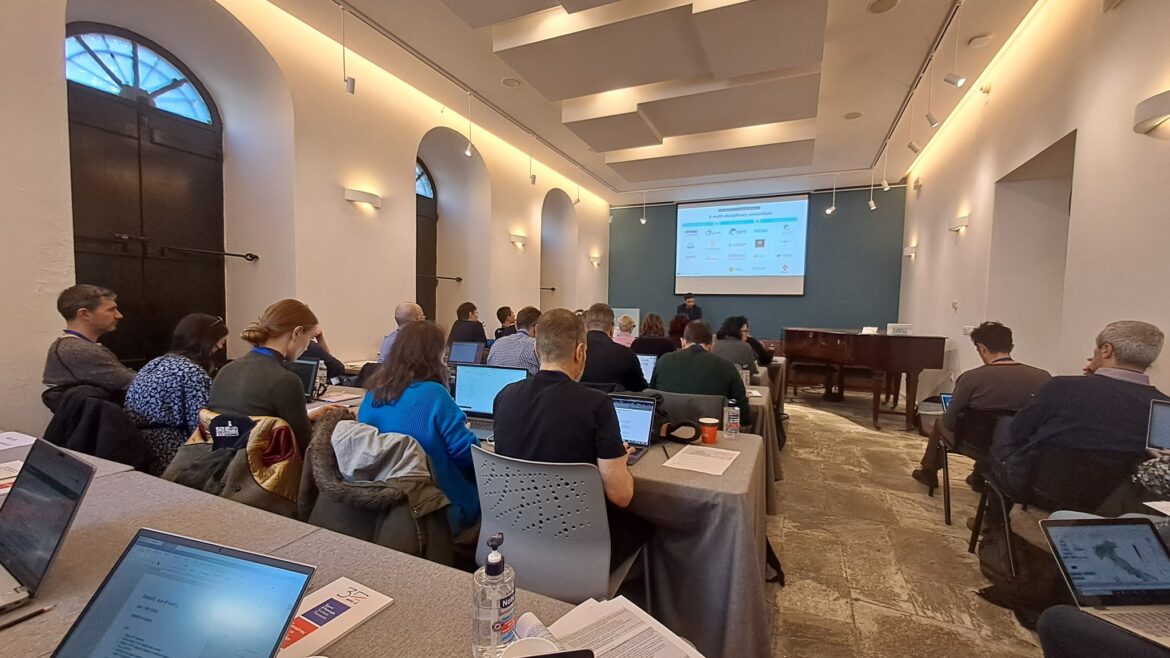The Vitae International Researcher Development Conference 2023 presenting OPUS
The Vitae International Researcher Development Conference 2023 presenting OPUS https://opusproject.eu/wp-content/uploads/2023/09/Screenshot-2023-09-25-at-12.06.18-2-1024x459.png 1024 459 Open and Universal Science (OPUS) Project https://opusproject.eu/wp-content/uploads/2023/09/Screenshot-2023-09-25-at-12.06.18-2-1024x459.pngThe Vitae International Researcher Development Conference 2023, #VitaeCon2023, is a must-attend event for those passionate about the policies and practices shaping global researcher development. This conference promises to be a dynamic gathering taking place on September 25th and 26th, 2023, at the Science and Industry Museum in Manchester, UK
OPUS team members Gareth O’Neil from the Technopolis Group and Emma Day from Vitae will be actively involved in this conference. They will lead a workshop linked to the OPUS project and Gareth will deliver a talk primarily related to the SECURE project, with some insights into OPUS.
The #VitaeCon2023 conference recognises the diverse preferences of its participants, offering both in-person and online formats. Building upon last year’s success, this year’s event features an expanded face-to-face programme at the Science and Industry Museum in Manchester.
Key Goals of #VitaeCon2023:
- Propel discussions on researcher development forward.
- Leverage past and present experiences to foresee future goals and challenges.
- Showcase policies and practices and facilitate their integration.
- Foster a collaborative environment that brings together diverse perspectives for shared learning.
#VitaeCon2023 promises to be a globally inclusive researcher development community, connecting professionals from various corners of the world.
Notable Plenary Sessions:
- What Needs to Change in the Research Landscape? – Featuring insights from global representatives, including Wellcome, Eurodoc, ASPIRE, and the Black Female Academics’ Network.
- Championing Equity during Career Transitions in Researcher Careers – Exploring the crucial aspect of equity in research career transitions.
- Innovation and Practice in the Professional and Career Development of Researchers – Unveiling innovative approaches in researcher development.
- Horizon Scanning: Researcher Development in an Evolving Landscape – Gaining insight into the future of researcher development.
The Vitae ICE Awards Ceremony:
The prestigious Vitae ICE Awards ceremony is a highlight of the event and will take place during the Gala dinner (Gala dinner ticket required) on Monday, September 25th, in the Revolution Manchester Gallery.
These awards celebrate excellence in researcher development across four categories:
- Newcomer of the Year
- Outstanding Contribution
- Research Culture Impact through Researcher Development
- Innovative and Inclusive Practice
To learn more about the conference and access the conference guide, please visit this link.
Don’t miss out on the chance to be a part of this enriching, global discussion on researcher development. Follow #VitaeCon2023 to stay updated and join the conversation.


